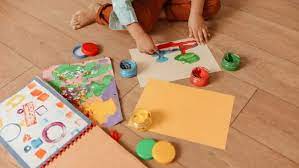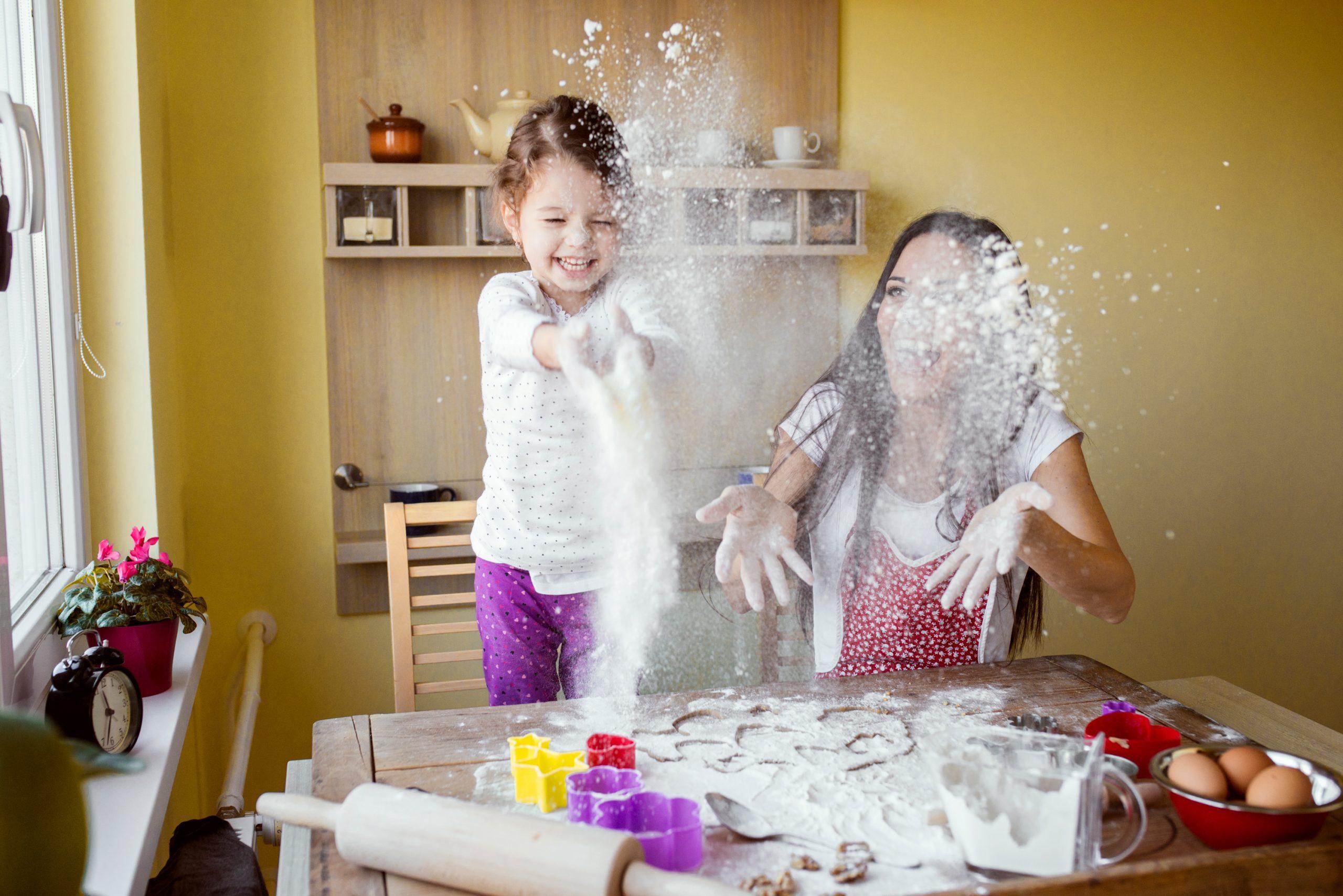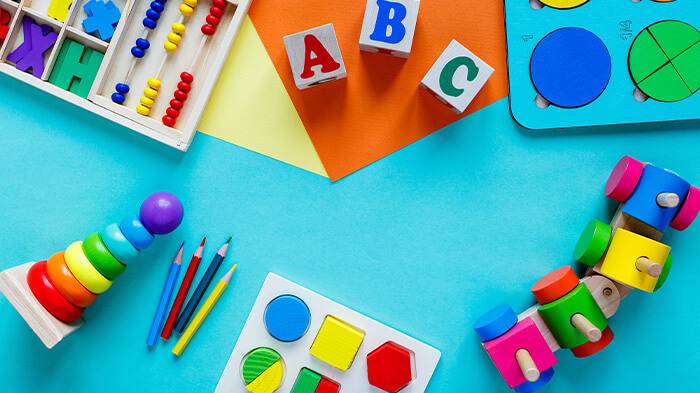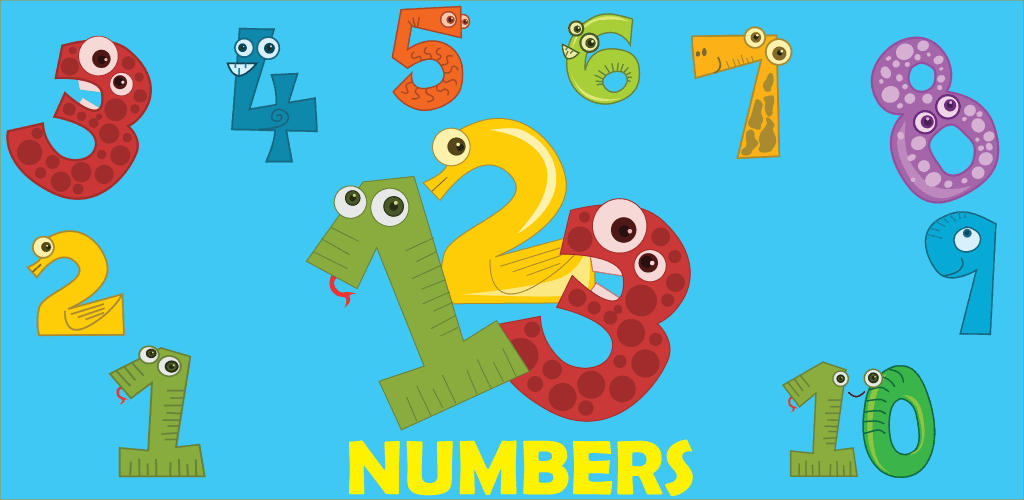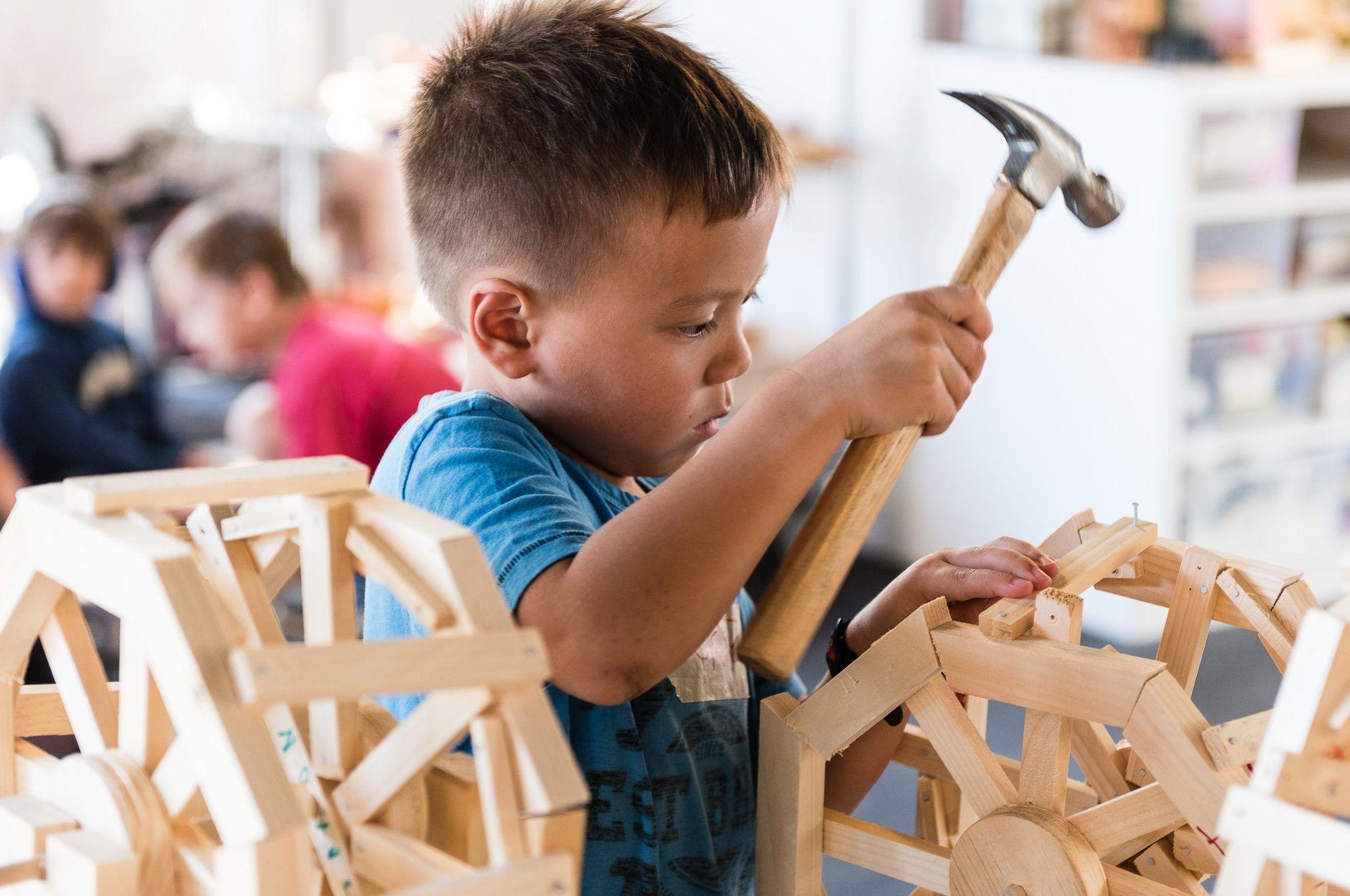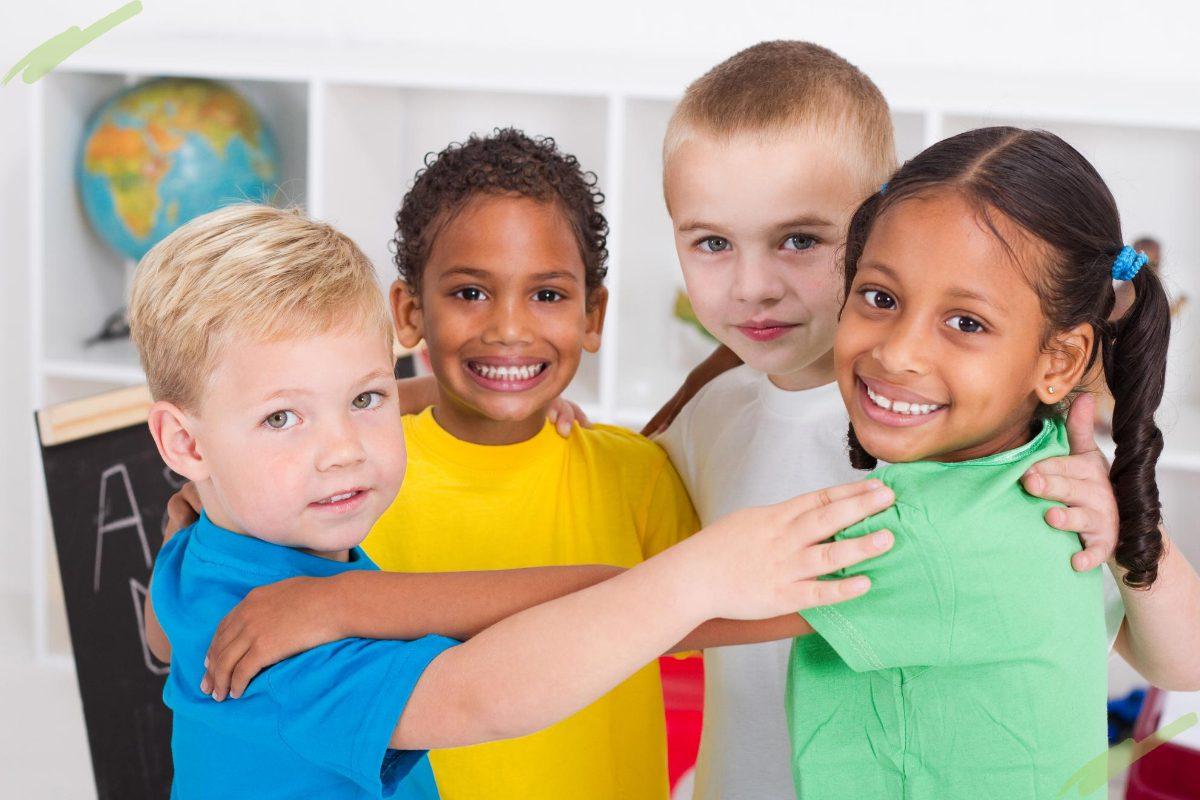Educating a young child is like navigating a labyrinth. You want to ensure you’re striking the right balance between fun and education while keeping their ever-active minds and bodies engaged. It may seem daunting, but fear not! This post will explore some essential strategies for making learning a joy-filled journey for your young child. Whether you aim to reinforce what they’re learning at school or seek extra educational fun at home, these ideas will surely add sparkle to your child’s learning journey.
1. Make It a Game
Turn learning into a game, and you’ll have your child hooked. A great way to introduce young children to mathematics is through play. Use props such as toys, flashcards, or board games to learn about numbers, patterns, and shapes.
For example, a simple ‘Toy Shopkeeper’ game can make learning about money, addition, and subtraction much more fun. Each toy can have a price tag, and your child, as the shopkeeper, has to add up the cost of the toys and give the correct change. This way, learning becomes interactive and engaging.
2. Get Musical With Phonics
Music can be a powerful learning tool for young children. Regarding phonics, learning can be amplified by adding a musical twist.
Songs and rhymes that focus on the sounds of letters can help children understand phonics better. You could use traditional nursery rhymes or even make up your own songs. This will boost your child’s language skills and promote their love for music.
3. Use Storytelling to Encourage Reading
Storytelling is an excellent way to ignite your child’s imagination and encourage them to read. Adding voices for different characters, dramatic pauses, and expressive facial expressions can make reading time an event to look forward to.
For a fun twist, let your child become the storyteller. This encourages them to read aloud and enhances their comprehension skills as they try to explain the story in their own words.
4. Explore Science in the Kitchen
The Kitchen is a fantastic, underutilised learning space in your home. It can be a mini science lab where your child learns about concepts like states of matter (solid, liquid, gas), reactions (baking soda and vinegar), and even life sciences (sprouting beans).
Turn baking cookies or making a salad into a fun science experiment. Allow your child to touch, feel, and observe the changes happening right before their eyes.
5. Learn Through Art
Engaging in art activities is an excellent method to enhance and refine one’s fine motor abilities. And a fun way to learn. For example, you can incorporate maths into art by getting your child to create patterns with paint or to cut out shapes.
Making an alphabet collage can help with letter recognition and phonics. Your child can cut out letters from old magazines and newspapers, sort them, and paste them onto paper.
After a full day of learning, letting children unwind and have unrestricted playtime is essential. That’s where Walton Hall Farm Soft Play in Stanford-le-Hope comes in. Our soft play caters to your child’s physical, emotional, and cognitive needs. Our café allows you to relax, grab a cuppa and meet like-minded parents.
Remember, education doesn’t have to be rigid or boring. Your child will be more inclined to learn and enjoy the process by making it playful, interactive, and engaging.
Book a fun-filled day at our Soft Play in Stanford-le-Hope and give your child a break from the daily routine while they continue to learn and grow.
Remember to register for our newsletter and track our updates on our social media platforms for more tips and tricks on making learning fun for your child.
